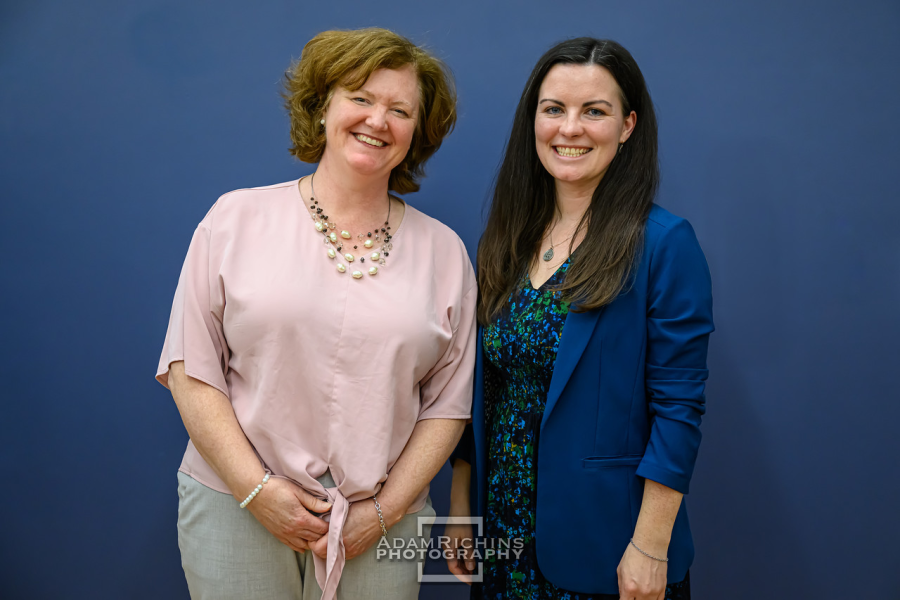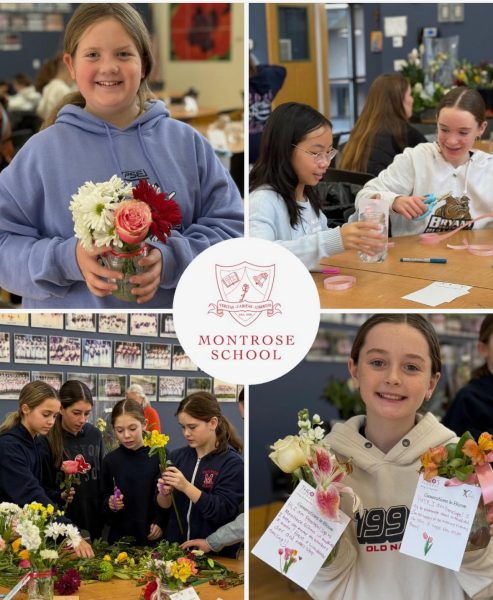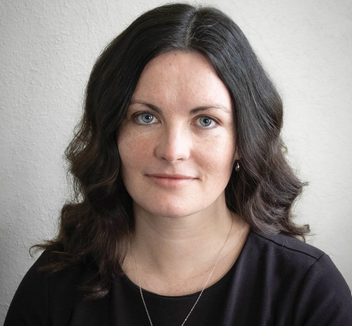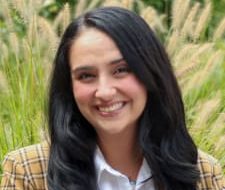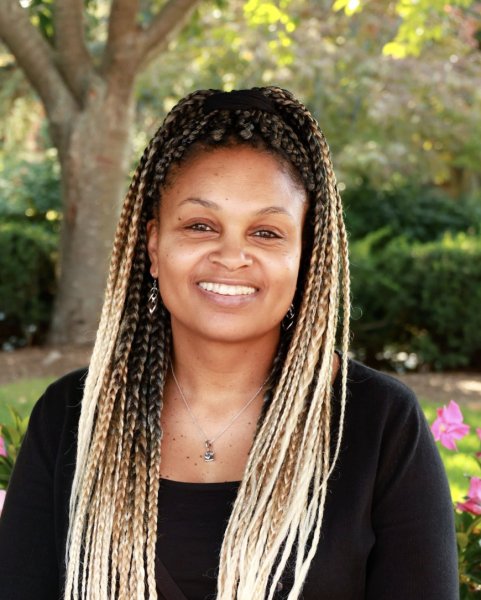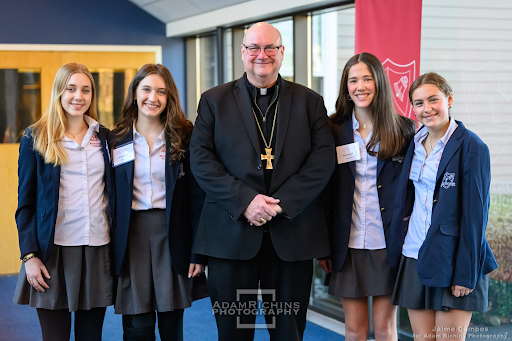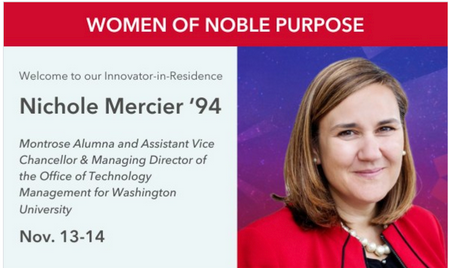Become Who You Are: Dr. Abigail Favale’s LCI Talk
Dr. Abigail Favale and Head of School, Mrs. Katie Elrod at the LCI Talk.
I’m sure we’ve all been told to walk our own path. To stick out in the crowd. To be true to our own opinions and stick to our convictions. But at least in my experience, in practice, sometimes this can be challenging. Especially as a young woman, there is a lot of pressure to conform to what everyone else is doing, and it takes some work to stand out from the norm. On Wednesday, April 26th, I had the opportunity to attend a Life Compass Institute talk about Why Girls Matter from Dr. Abigail Favale. Currently, she’s a Professor at the University of Notre Dame’s McGrath Institute with academic experience in gender studies and feminist literary criticism. She writes and speaks regularly on topics related to women and gender from a Catholic perspective. In her introduction, the Head of School, Mrs. Elrod, connected Dr. Favale’s journey with her own essential question of the year, “What do girls need to flourish?” Following her introduction, Dr. Favale dove into her experience of finding her dignity as a woman, a Catholic, and a feminist.
Dr. Favale started her talk by recalling her own experience as a child. As an only child she “didn’t have a sister, so I made everything a sister.” She idolized heroines in literature and in turn, embarked on her own personal journey. She categorized her quest to find her dignity and what it means to be a woman into three main stages.
She started with differences between men and women in the “Kingdom of Polarity.” Here there are roles for “what a woman is allowed to do.” But, when men and women are pitted against each other severely, women fall to the periphery. Everything is natural, and women are limited in who they can be and what they can do.
Next, Dr. Favale entered “Neuterville.” The drawback of Neuterville was that secular feminism erases what it means to be a woman. Something that really stuck with me is that “women must go to war with their bodies” to fit into this worldview. When everyone is “equal” then women have no dignity as women.
Finally, she stopped in “PoMoTopia.” PoMoTopia has the post-modern feminism ideal. Everything is a blank slate, and you can create yourself, but nothing is natural or inherent. Everyone becomes deeply suspicious here, you can’t trust much. At this point during her talk, she spoke directly to the young women in the room. Dr. Favale mentioned that at our age, she felt called to rebel and that the best rebellion she could advise us with is “to constantly accept your body.” But Dr. Favale was comfortable with this postmodern feminism for a while.
A turning point for Dr. Favale was becoming a mother. Her view on what it means to be a woman changed to what your body has the potential to create. Motherhood and fatherhood were different, and therefore men and women were different. “What is becoming is always connected to what is given,” and part of what it means to be a woman was inherently given by God. Dr. Favale started to align with Roman Catholicism and converted in 2014 (two years after the birth of her first child). Her conversion memoir, Into the Deep: An Unlikely Catholic Conversion follows her journey.
Dr. Favale ended her talk with one central point: “Become who you are,” not who you want to be. In the Q&A section, we discussed social media and other factors of today’s world that make this challenging which she reconfirmed to me after her talk during an interview with Abigail Scollins ‘25, Liesl-Ann Vaz ‘25, and me. When we asked about how today’s society can impact young women (specifically in middle school) when we tell them to be who they are when everything around them is telling them the opposite. She said that we need to trust that in their own journeys, they will come to find themselves. We also asked if she thought any unique benefits occurred with an all-female education, like at our school. She mentioned that of course, there are studies that show girls learn differently without boys. Specifically in the context of human flourishing, our school enables deep thought about what girls need to flourish and can easily apply our findings. Connecting back to Mrs. Elrod’s question of the year, “What do girls need to flourish?” A complicated question, but Dr. Favale says to be who we are and that we are “fully human, wholly unique, totally human.”
By Amelia White ’25, Ask Alice Editor and Social Media/Tech Editor

